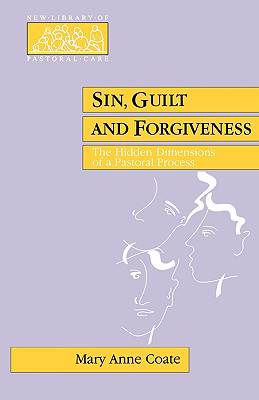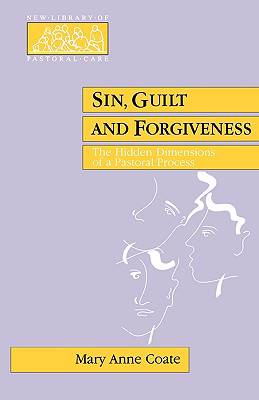
- Afhalen na 1 uur in een winkel met voorraad
- Gratis thuislevering in België vanaf € 30
- Ruim aanbod met 7 miljoen producten
- Afhalen na 1 uur in een winkel met voorraad
- Gratis thuislevering in België vanaf € 30
- Ruim aanbod met 7 miljoen producten
Zoeken
Sin, Guilt and Forgiveness - The Hidden Dimensions of a Pastoral Process
Mary Anne Coate
€ 32,95
+ 65 punten
Omschrijving
Most people will readily acknowledge that sin and guilt form an all-too-familiar part of what it is to be human. This appears to be true, whether or not these experiences are thought to have a religious connotation. Why should this be so? And why do some people find it relatively easy to accept forgiveness (whether human or divine), while others remain gripped by a sense of remorse that nothing seems able to eradicate? These are questions that confront all involved in pastoral care, and Christian ministers in particular need to explore them thoroughly if they are to exercise that care with skill and discernment. This book will enable them to do just that. Rooting her observations in true-to-life stories and examples, Mary Anne Coate examines both the theological and psychological dimensions of her subject, leading the reader towards a deeper, more rounded understanding of the processes at work when someone embarks on the often hazardous journey from sin, through guilt, to forgiveness.
Specificaties
Betrokkenen
- Auteur(s):
- Uitgeverij:
Inhoud
- Aantal bladzijden:
- 240
- Taal:
- Engels
- Reeks:
Eigenschappen
- Productcode (EAN):
- 9780281047819
- Verschijningsdatum:
- 27/10/1994
- Uitvoering:
- Paperback
- Formaat:
- Trade paperback (VS)
- Afmetingen:
- 138 mm x 215 mm
- Gewicht:
- 326 g

Alleen bij Standaard Boekhandel
+ 65 punten op je klantenkaart van Standaard Boekhandel
Beoordelingen
We publiceren alleen reviews die voldoen aan de voorwaarden voor reviews. Bekijk onze voorwaarden voor reviews.











